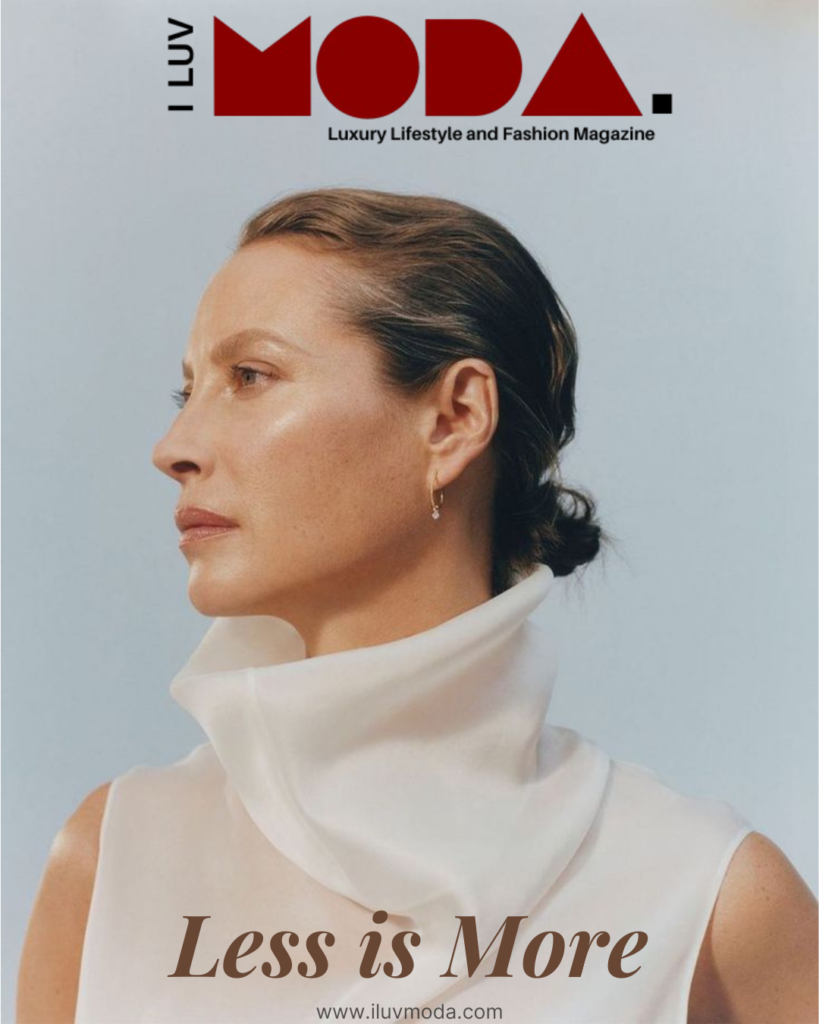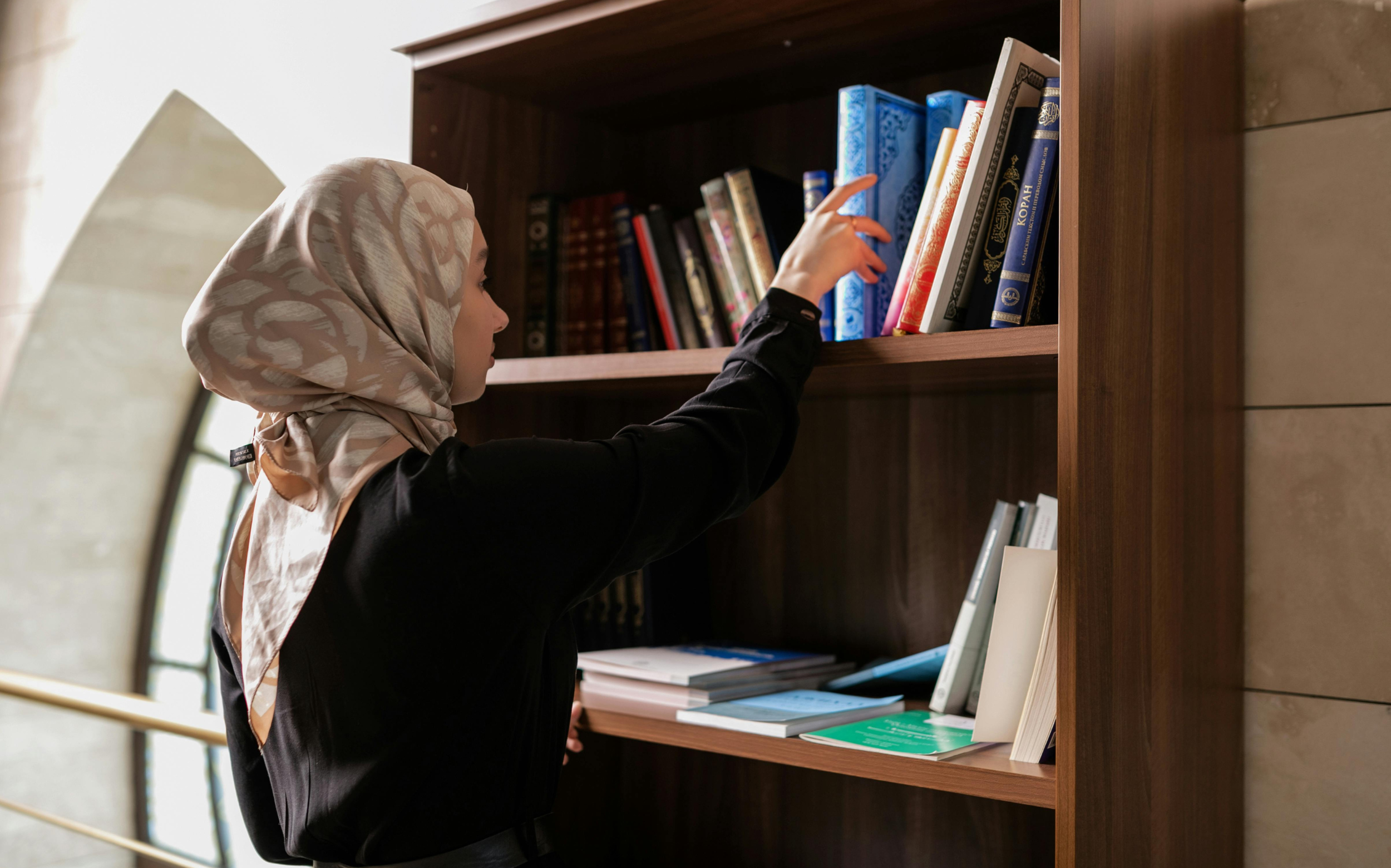In a realm where narratives transcend geographical confines, forging intricate tapestries of cultural identity through the potent artistry of language, the voices of Arab women writers emerge with singular eloquence, profound insight, and an undeniable cultural richness. Celebrated for their remarkable ability to illuminate the multifaceted spectrum of human experience, these literary luminaries have carved an indelible space within the global literary landscape, a space both vibrant and intrinsically essential. In honour of World Book Day, I Luv Moda turns its discerning gaze towards the literary recommendations of five distinguished authors, each offering a glimpse into their cherished works penned by fellow Arab female writers. Prepare to be captivated by their insightful selections, each a testament to the enduring power of storytelling.
Ahdaf Soueif on Latifa el-Zayyat’s The Search: Personal Papers
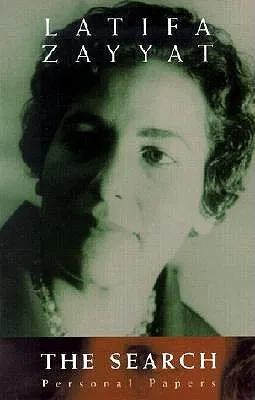
Acclaimed Egyptian novelist and astute political commentator Ahdaf Soueif, renowned for her vivid narratives and nuanced exploration of contemporary socio-political intricacies within the Arab world (her celebrated works include In the Eye of the Sun and The Map of Love), extols the virtues of Latifa el-Zayyat’s The Search: Personal Papers. Soueif remarks, “I would commend Latifa el-Zayyat’s The Search: Personal Papers. Latifa el-Zayyat was a polymath – an academic, educator, feminist, political activist, and writer. Published in the 1980s, The Search (alternatively translatable as ‘The Raid’) is replete with unexpected revelations. Part biography, part faction, it is an audaciously brave work. One might characterize it as a series of investigative vignettes into her formative years, her professional life, her much-publicized second marriage and subsequent divorce, and other facets of her existence. It offers a compelling read; direct, almost confrontational, yet imbued with thoughtfulness and a subtle wistfulness. It profoundly influenced me.”
Shahd Alshammari on Etaf Rum’s Evil Eye
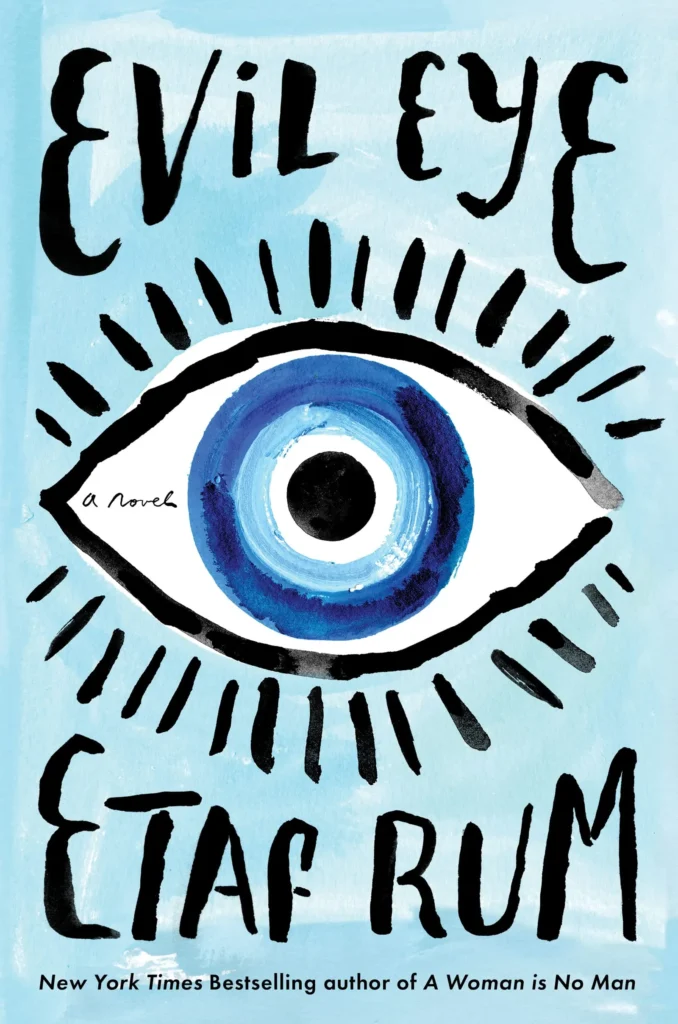
Kuwaiti author and academic Dr. Shahd Alshammari, celebrated for her poignant explorations of disability, identity, and female empowerment (her evocative memoir Head Above Water offers readers a profound meditation on resilience), champions Etaf Rum’s Evil Eye. Alshammari notes, “I am drawn to Evil Eye by Etaf Rum for its powerful contemporary narrative that delves into the complexities of mental health, familial dynamics, identity formation, and the arduous process of breaking generational cycles. It is a profound exploration of trauma, the assertion of voice, and internal conflict. Rum’s dialogue is captivating, and her storytelling possesses a potent emotional resonance. The narrative’s emotional profundity and honest portrayal of a woman navigating cultural expectations are beautifully rendered. Rum’s prose, across all her works, is remarkably significant for Arab authors writing in English, but Evil Eye remains my personal favourite.”
Hala Kawsarani on Layla Baalbaki’s Ana Ahya (I Live)
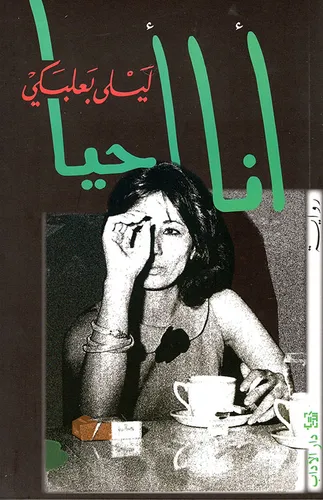
Award-winning Lebanese author Hala Kawsarani, known for her compelling narratives that explore the intricacies of personal transformation and her ability to capture the rich mosaic of Lebanese culture, illuminating the nuanced lives and journeys of her characters, speaks passionately about Layla Baalbaki’s 1958 novel, Ana Ahya (I Live). Kawsarani posits, “Ana Ahya (I Live) by Layla Baalbaki, published in 1958, stands as a seminal feminist revolution, embodied in the compelling voice of its protagonist, Lina Fayyad—a nineteen-year-old navigating the complexities of life in Beirut. Through Lina’s intimate first-person narration, Baalbaki vividly portrays the minutiae of her existence, her interpersonal relationships, and her poignant quest for meaning, employing a language that is both vibrant and deeply authentic, devoid of pretense or fear of judgment. The novel masterfully illustrates the universal human experience of alienation from one’s surroundings while simultaneously capturing a woman’s defiant struggle against the patriarchal norms and constraints imposed upon her.”
Raja Alem on Alia Mamdouh’s Al-Tankee
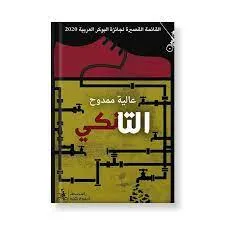
Celebrated Saudi Arabian author Raja Alem, whose work artfully blends elements of history, mythology, and contemporary issues (her novel The Dove’s Necklace garnered the International Prize for Arabic Fiction, showcasing her ability to craft intricate stories that challenge and broaden the understanding of life in the Arab world), expresses her fascination with Alia Mamdouh’s Al-Tankee. Alem reflects, “I find myself particularly drawn to the novel Al-Tankee by the esteemed Iraqi writer Alia Mamdouh. Though residing in France, Mamdouh retains a profound nostalgia for Iraq’s illustrious past. The imposed wars have tragically decimated the rich civilizations of the Middle East, particularly Iraq. Through the odyssey of Afaf, the novel’s heroine, Mamdouh embarks on a poignant journey of self-discovery as an Arab intellectual—a symbolic exploration akin to the revival of the memory of ancient Sumerian and Babylonian civilizations, predating the fall of the Tower of Babel and the ensuing linguistic diversification and cultural conflicts.”
Layla AlAmmar on Ghada Samman’s Kawabis Beirut (Beirut Nightmares)
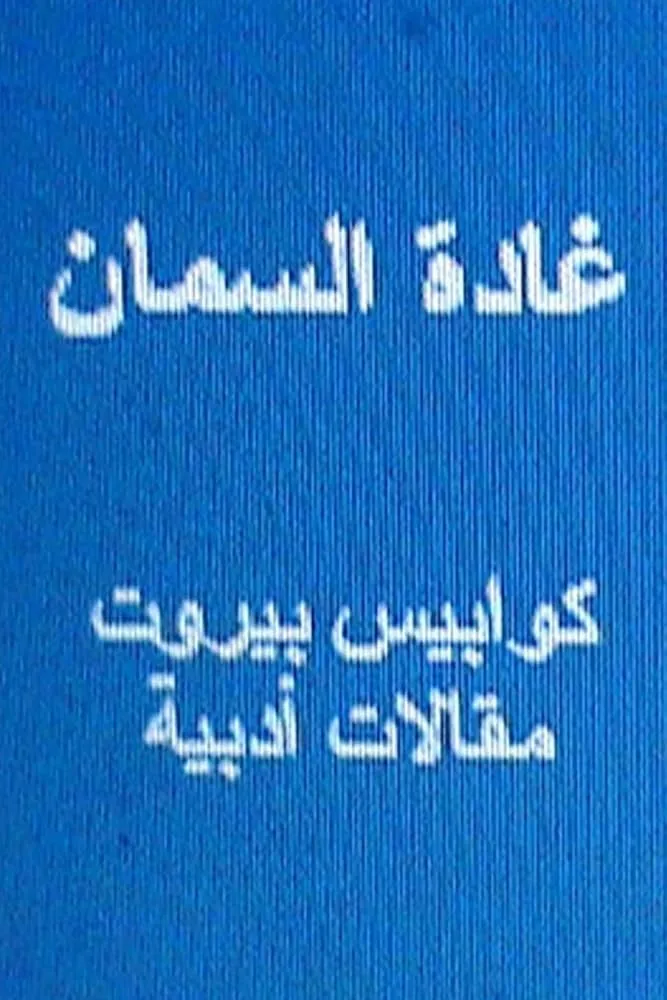
Layla AlAmmar, a distinguished novelist and Professor of English Literature at the American University of Kuwait, holding a PhD in Arab women’s fiction and literary trauma theory (her debut novel, The Pact We Made, was nominated for the Authors’ Club Best First Novel Award, and her second novel, Silence is a Sense, was shortlisted for the William Saroyan International Prize for Writing), champions Ghada Samman’s Kawabis Beirut (Beirut Nightmares). AlAmmar states, “I wholeheartedly recommend Kawabis Beirut (Beirut Nightmares) by the eminent Syrian writer Ghada Samman. Samman is an author I have long admired, whose body of work, both fiction and nonfiction, provides me with endless inspiration. Kawabis Beirut showcases Samman at her most profound and unfiltered. Published during the nascent years of the Lebanese Civil War (1975-1990), the novel serves as an extraordinarily moving testament to the anguish of war. Crafted as a series of haunting nightmares, Samman’s prose is lyrical, surreal, and vividly evocative as it traverses multiple characters and historical threads, meticulously exploring the intricate social and political factors that precipitated such extreme violence. In this and countless other works, Ghada Samman writes with poignant insight about the myriad afflictions that beset us as Arabs.”
Through these compelling recommendations, we gain a privileged glimpse into the rich and diverse literary landscape shaped by Arab women authors. Their words, imbued with insight and artistry, continue to resonate, transcending boundaries and enriching our understanding of the world and the myriad experiences within it.
I Luv Moda believes beauty is a potent story, interwoven with culture and identity. We invite discerning beauty brands to join our global network, connecting with fashion’s elite. Partner with us for bespoke content and premium features, reaching a sophisticated audience. Our curated packages, starting at $150, ensure your brand’s narrative resonates globally.
To celebrate, enjoy a limited-time 10% discount. Illuminate your brand’s story with Iluvmoda.
Discover more and follow our journey on Instagram @iluvmoda_


